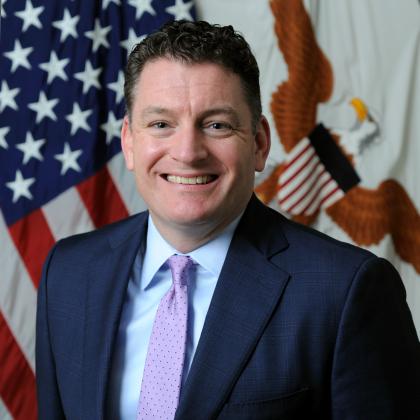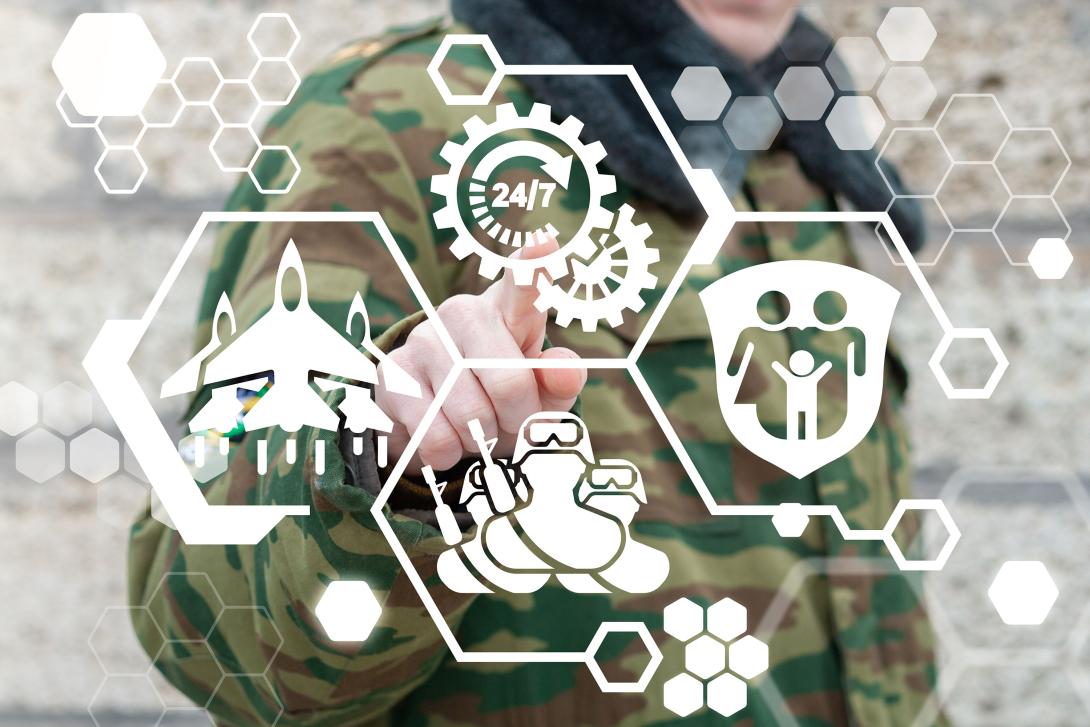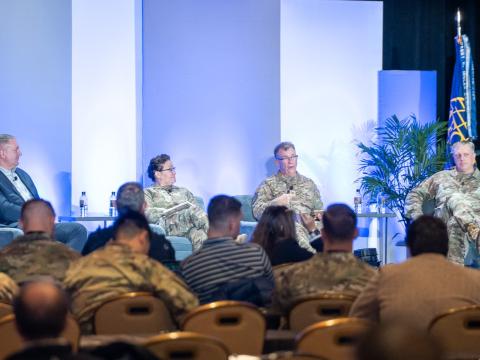U.S. Special Operations Forces Work To Mitigate Civilian Harm
In a recent discussion with reporters, Christopher P. Maier, the assistant secretary of defense for special operations and low-intensity conflict, said emerging technologies are important for mitigating civilian harm.
“As the world has gotten much more complicated, and we often think about how certain domains we’re now operating in routinely never existed a couple decades ago—cyberspace, electronic warfare. These are important elements that we need to factor in as we think of the civilian environment,” Maier said.
On Aug. 23, the Defense Writers Group, an association of defense and national security correspondents, hosted Maier, who oversees things like the United States’ special operations, irregular warfare and counterterrorism efforts.
Maier briefed the reporters on the two-year anniversary of the Civilian Harm Mitigation and Response Action Plan, which lays out a series of actions the Department of Defense plans to implement to mitigate and respond to civilian harm.
“The Department of Defense has long taken civilian harm mitigation as a key tenet of how we conduct warfighting. It’s built into how we do our professional military education. It’s built into our exercises. But as we looked at the strategic environment, particularly the prospect of something like a large-scale combat operation in the context of the Indo-Pacific, in conjunction with our national defense strategy, we realized we needed to look at this problem set more holistically and probably more diligently," Maier said.
As the department’s special operations forces (SOF) continue their work on civilian harm mitigation in regions across the world, the focus will be on adding more civilian harm mitigation response officers and using new technologies.
The department has also built a center of excellence “that actually stands up regularly and brings in experts from the combatant commands and sends experts down range,” he said.
In response to a question about what lessons in warfare the United States is taking from Israel and Gaza, Maier said the security of Israel is paramount, “but at the same time, how the Israelis are conducting the operation in Gaza, I think we've been very open, has concerned us at times.”
“I think we continue to emphasize very much the principles of civilian harm as we talk at an operational level with the Israelis," Maier said. "It's very much a focus of those conversations, and I think it's why we're so focused on getting a succession to these military operations.”

The Department of Defense has long taken civilian harm mitigation as a key tenet of how we conduct warfighting.
Maier also touched on the situation in Niger. In 2023, a military junta overthrew the elected government of Niger and installed the National Council for the Safeguard of the Homeland (CNSP) to rule the country. The CNSP called for the U.S. military to leave the country.
“Being asked to leave from Niger, which was a key hub of our counterterrorism and really crisis response footprint in West Africa, is not helpful,” Maier said. “It's quite disappointing after years of working with the Nigerien military, but we understand they've made a political decision. I think our plan going forward is to look where other partners in the region appreciate the threat that we still see from both ISIS and Al-Qaeda affiliates.”
Maier said he's hopeful about maintaining the deep "mil-mil" relationship with Niger.
He shared that U.S. service members in Niger will most likely be reallocated to North and coastal West Africa.





Comments